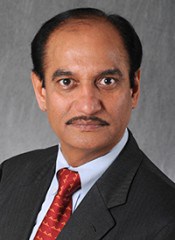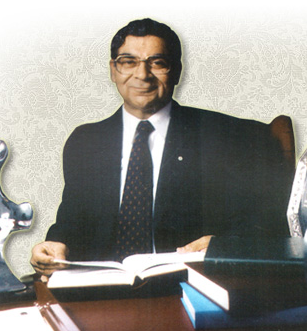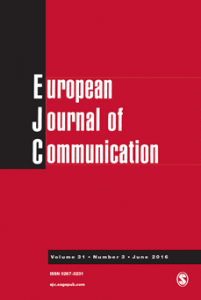 A tribunal in the UK has rejected an appeal by Queen Mary University of London, who sought to reverse a previous order that they release data from a controversial 2011 paper in The Lancet about chronic fatigue syndrome (CFS).
A tribunal in the UK has rejected an appeal by Queen Mary University of London, who sought to reverse a previous order that they release data from a controversial 2011 paper in The Lancet about chronic fatigue syndrome (CFS).
The decision is one in a long series of judgments about the so-called PACE trial, which reported that two treatments — known as cognitive behavioral therapy and graded exercise therapy — helped alleviate the symptoms of the condition. But ever since The Lancet article and follow-up papers have been published, patients and critics have questioned the conclusions and clamored to see the raw data.
The main criticisms: The findings may prompt some to believe chronic fatigue is a mental, not a physical, disorder, and the PACE program could actually be harmful to patients by encouraging too much exercise. These criticisms were recently bolstered by a re-analysis of the evidence by the Agency for Healthcare Research and Quality, which downgraded its original conclusions about the effectiveness of cognitive behavioral therapy and graded exercise therapy.
In March 2014, Continue reading UK tribunal orders release of data from controversial chronic fatigue syndrome study








